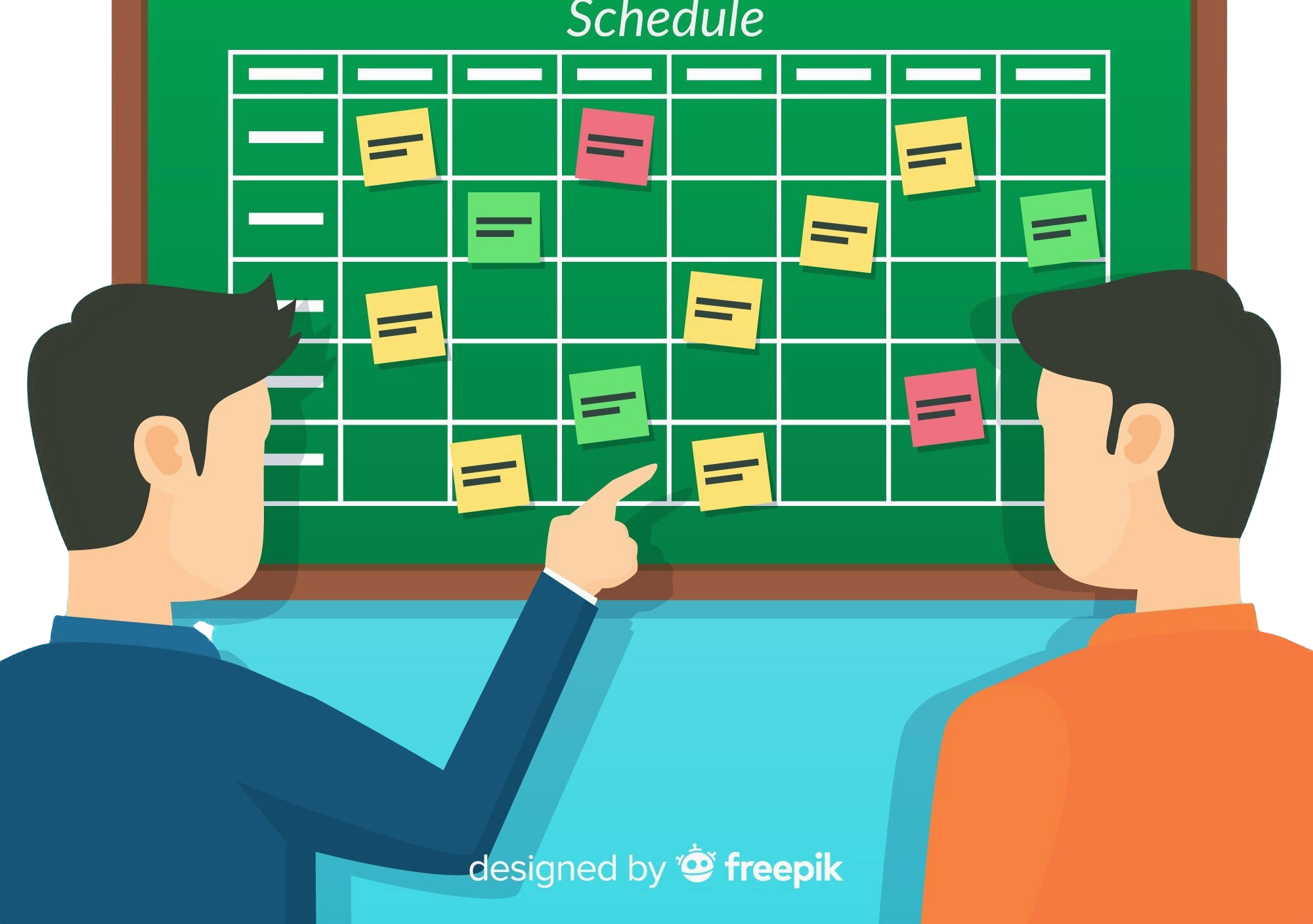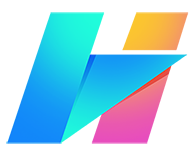What do you need to know about payroll HRMS software?
- What is an HRMS software
- What are payroll systems
- Benefits of using a payroll HRMS software
- How to choose a payroll HRMS software
One of the tasks of the human resource department is to ensure that all employees are getting paid accurately and on time.
Errors would just lead to a loss of valuable time, which could have been spent on other tasks instead of correcting the mistake.
To ensure accuracy and efficiency in computing payroll, many companies are investing in payroll HRMS software.
If you’re interested, keep on reading to learn more!
What Is An HRMS Software
HRMS stands for a human resource management system.
It combines the processes that are necessary to manage HR activities for an organization.
Both small businesses and multinational corporations make use of this HR tool to handle routine and tedious activities.
HRMS is often compared with an HRIS and HCM system.
A human resource information system (HRIS) focuses on managing digestible information that can help HR departments get the needed data quickly.
In addition to that, the system will also have tools to make HR tasks more efficient.
Human capital management (HCM) is similar to HRIS, but with the added benefit of talent management and acquisition.
HRMS will usually provide the same benefits as HRIS and HCM.
This includes management of leave and attendance and computation of payroll.
What Are Payroll Systems
Payroll is the process used by employers in compensating employees for the work they completed.
All businesses with employees need to have a payroll management process.
With a system in place, it ensures that all workers are paid consistently and accurately.
While the purpose of payroll is simple, the process can become complicated because there are deductions involved — such as monthly contributions and taxes.
Because of this, management of payroll can become overwhelming, especially for small business owners or companies that manage numerous employees.
This is where payroll software becomes helpful.
A payroll system is designed to keep track of working hours and attendance, calculate wages, and more.
This type of software can be beneficial for HR departments, so staff can focus on other tasks as well.
Benefits Of Using A Payroll HRMS Software
HRMS software includes functions such as time and attendance management, so it makes sense that payroll is also one of the features you can find in an HRMS.
It helps an HR department have the exact data needed to calculate the payroll accurately and efficiently.
An HRMS payroll function will be able to calculate and pay salaries, so there’s no need for two standalone software.
Below are the benefits of using payroll HRMS software:
1. Compatibility and Accuracy
From employee information, time and attendance, and payroll — since all the important data is kept in the same system, computation errors can be reduced.
2. Convenience and Efficiency
An HRMS payroll software includes all the functions on a single platform, which means that ease of use is improved for the HR staff.
3. Cost
One system that includes all the necessary functions would be less expensive than purchasing two or more standalone systems.
How To Choose A Payroll HRMS Software
There are numerous HRMS payroll software out there, so it can be a little tricky when you’re choosing one for your organization.
Below are some things you should consider:
1. HR Features
Not all HRMS payroll software are the same, so you need to reflect on what your company and HR department needs before investing in one.
For example, there is software with employee portals, which allows employees to log in and find their records online — including payslip and daily time records.
List down your needs and discuss them with a potential vendor so you can find out the best option for your business.
2. Cloud-based vs On-premise
There are different types of HRMS payroll software for businesses.
For instance, it can be deployed on-premise, which means that the application is hosted locally in-house on your computers and servers.
But there are also applications that are cloud-based, which means that they are hosted on the vendor’s server.
These can be accessed with an internet connection.
Each option has its benefits, but more and more organizations are choosing to go cloud-based, because the software can be accessed anytime and anywhere, as long as there is an internet connection.
Maintenance for the software and hardware is also taken care of by the provider as well, so you won’t need a large IT team.
3. Budget
Analyze the size of your company and decide on your budget on payroll processing, as this can help you narrow down your list of software vendors.
Take future costs into consideration too — including maintenance, upgrades, managing an IT team, etc.
Key Takeaway
A payroll HRMS software can be helpful in saving time for HR staff, but there are many options available in the market so choosing can be tricky.
If you’re interested in payroll HRMS software, you might want to check out EasyHR, a cloud-based HR application made here at Human Incubator.
Aside from helping HR staff manage employee records, it also has features for automatic daily time recording and payroll computation.
It can compute the payroll including the deductions, so HR staff can save time while ensuring the employees get the proper compensation.
For any questions and inquiries, you can send us a message here.














